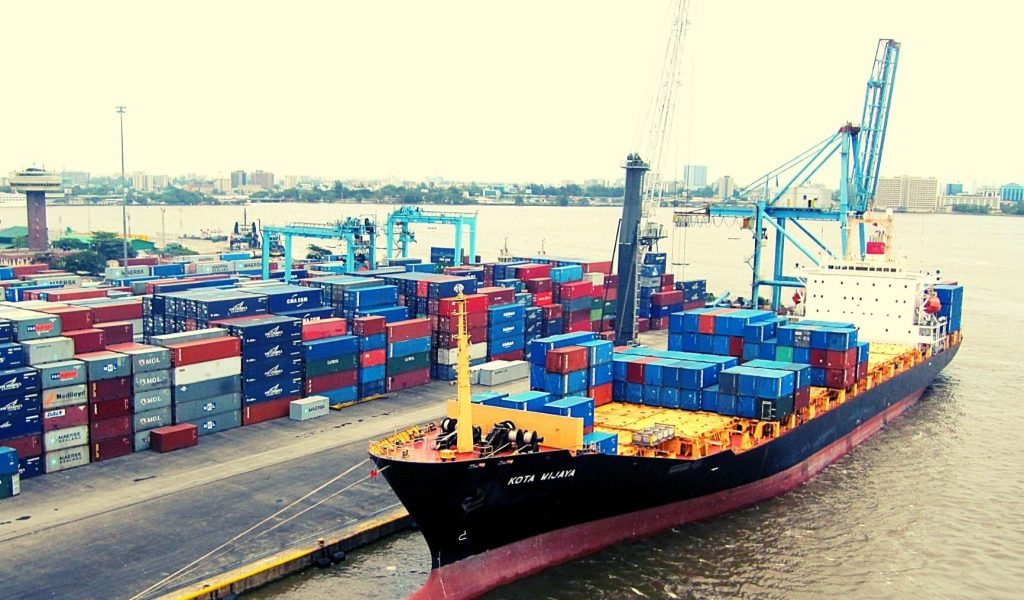In a stark revelation, Nigeria’s House of Representatives has disclosed that Nigeria haemorrhages an astounding seven billion dollars ($7 billion) each year due to the suboptimal administration of its seaports.
This disclosure surfaced following the presentation of a motion by Honourable Julius Ihonbvere and Honourable Ibrahim Isiaka. The motion calls for a comprehensive investigation into the gaps and missed opportunities within the maritime sector.
The motion elucidates that Nigeria’s seaports merely handle a meagre 10% of West African imports, a mere fraction of the 60% destined for the nation. This substantial economic setback, estimated at $7 billion annually, is attributed to mismanagement and operational inefficiencies.
During his lead debate, the Honourable Ihonbvere emphasised the pivotal role of the maritime sector in sustaining the country’s economy. However, he underscored the existence of underutilised seaports that could significantly augment the country’s revenue and Gross Domestic Product (GDP).
He pointed out, “Most ships bringing goods to Nigeria prefer to go to other ports order than Nigerian ports. Indeed, the Benin Republic benefits from Nigeria’s large market, and while Cotonou remains a popular importer’s haven, huge trade cargoes are lost to Togo and other neighbouring countries.”
Highlighting the issue of inadequate infrastructure and capacity in the burgeoning cargo and maritime business, the Honourable Ihonbvere expressed concern about Apapa Port in Lagos losing its preeminence in West Africa due to congestion and subpar services to shippers.
“Why is the nation unable to provide adequate infrastructure and reduce pressure on Lagos ports and why the Calabar, Port Harcourt, Warri, and Koko ports cannot be developed as a haven for importers in the region?”
“The lack of adequate infrastructure and capacity in the growing cargo and maritime business is a significant issue; disturbed that Nigeria’s Apapa Port lost West Africa’s leading position due to congestion and poor quality services to shippers.”
He lamented, “Port of Lomé, with a capacity of 1.1 million twenty-foot containers, overtook Lagos Port due to Modernisation reforms which tripled its capacity from 311,500 containers to 3.1 million, thus, making ‘Togo’s Port of Lomé becoming a regional transit hub.”
The Honourable Ihonbvere further disclosed that Nigeria’s Apapa Port, handling approximately 1 million TEUs annually, lost 30% of its container traffic over five years due to various factors impeding its ability to provide efficient services to cargo owners.
He emphasised, “This explains why Nigerian ports have remained inefficient over the years. Nigeria’s major seaports in Lagos do not have deep draughts to handle bigger vessels. While modern seaports in Port of Lomé have a depth of 16.60 metres and capacity to accommodate third-generation ships, Apapa Port operates with a 13.5-meter metres draught that can only allow vessels with about 4,000 TEUs of containers to call the port.”
In response to these challenges, the House has mandated its Committees on Ports and Harbours, National Planning and Economic Development, Maritime Safety Education and Administration, and the Nigerian Shippers’ Council to scrutinise the impediments hindering the realisation of the full economic potential of ports, harbours, and the broader blue economy in the country.

